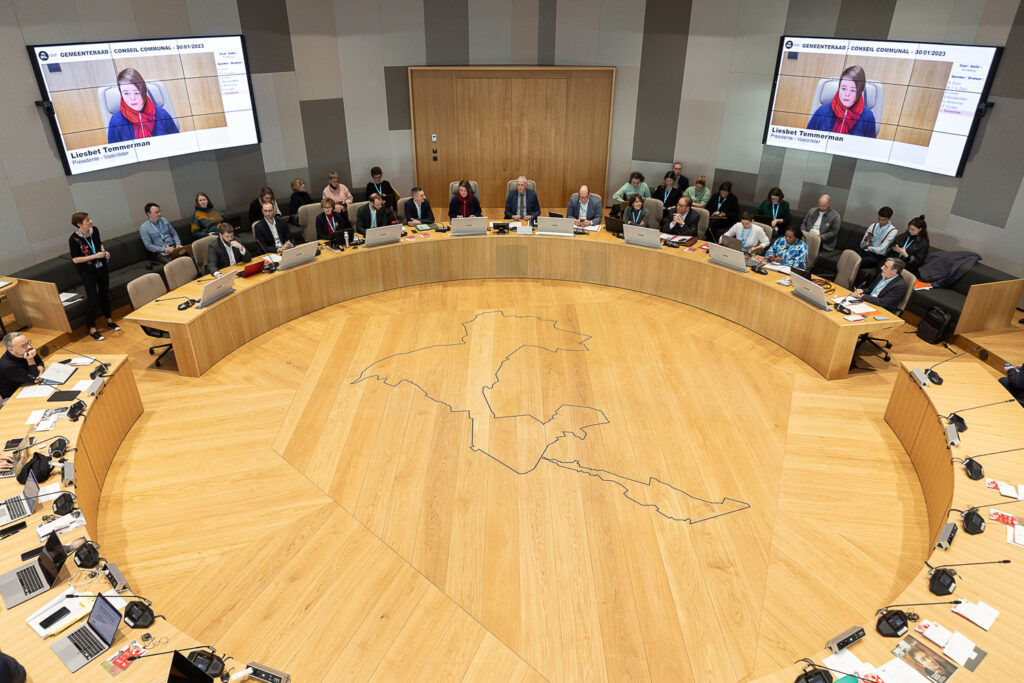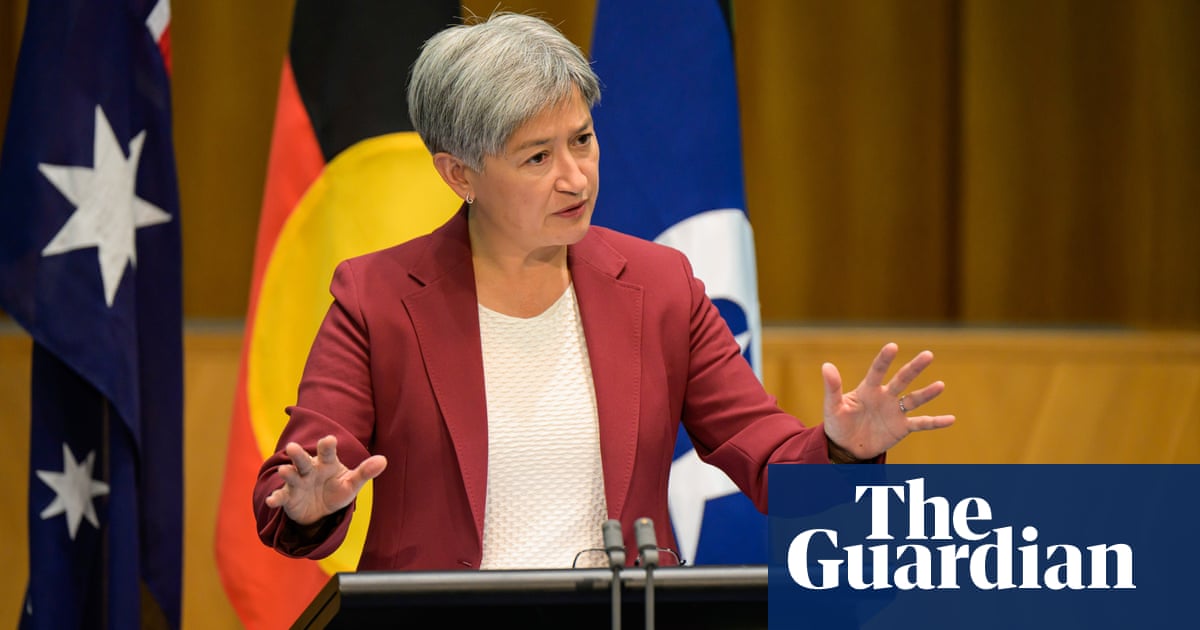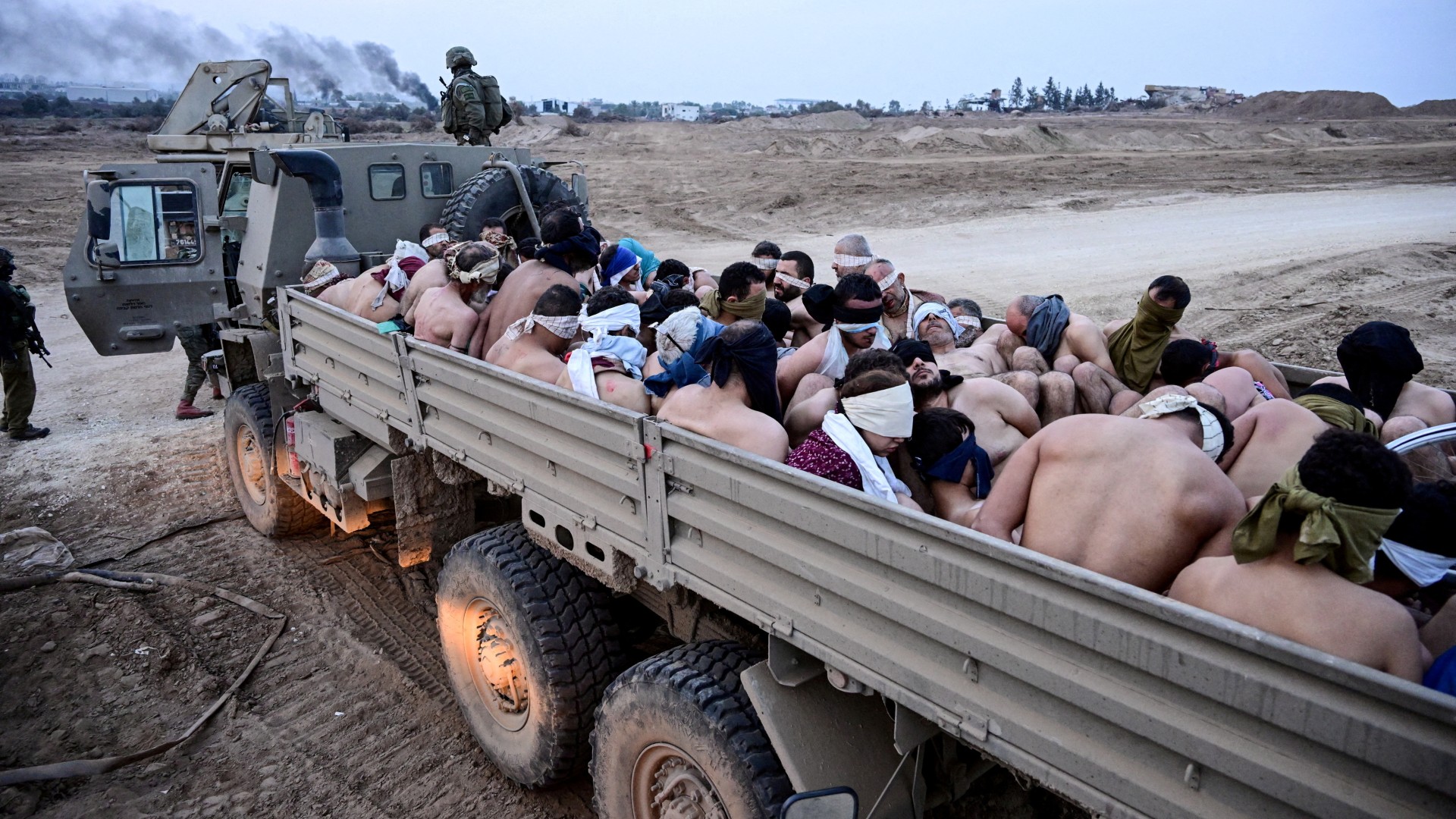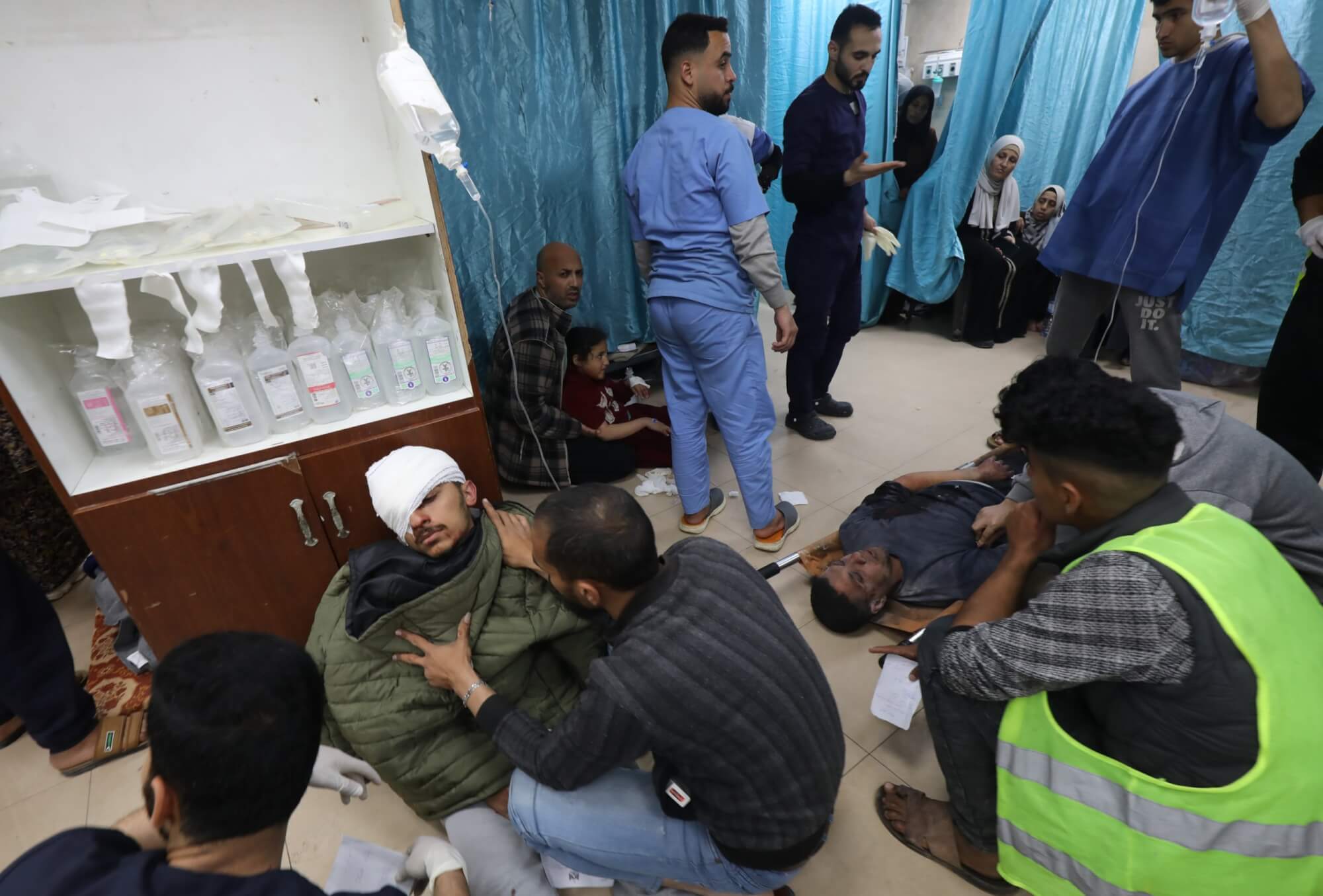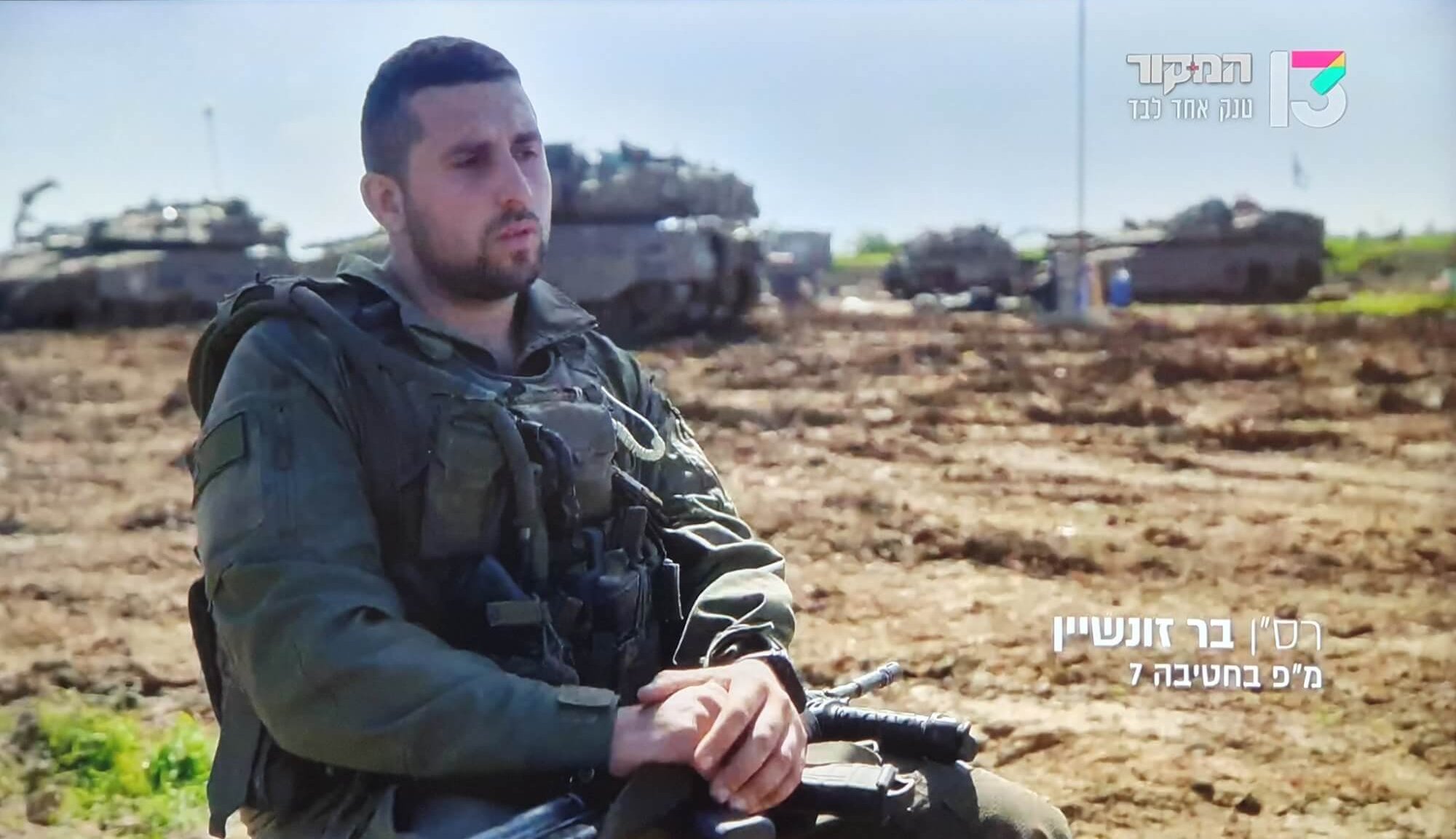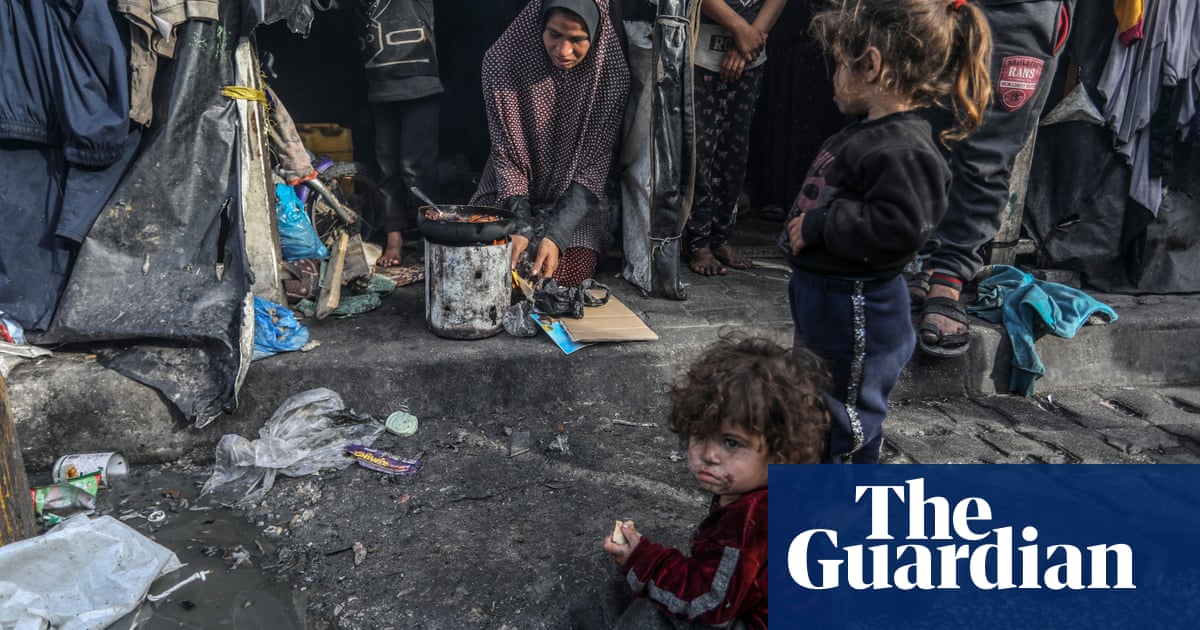WSJ Article,
WASHINGTON—In two days of meetings between the Israeli defense chief and senior officials in the White House and Pentagon, discussions on Israel’s planned military operation in southern Gaza focused not on how to stop it, but on how to protect civilians during its rollout.
The businesslike tone of the talks was a departure from previous weeks, when top U.S. officials bluntly warned Israel against an all-out offensive on
Rafah—where more than a
million displaced Palestinians have taken refuge—while Israel’s prime minister defiantly vowed to press ahead.
Rafah has been at the center of a growing rift between Israeli and U.S. political leaders. Those tensions boiled over on Monday, when Israeli Prime Minister Benjamin Netanyahu
canceled a visit to Washington by top aides to discuss U.S. concerns over the planned offensive on Rafah, where Hamas fighters are making a final stand. The tit-for-tat move was in response to the U.S. abstaining from a United Nations Security Council resolution that called for an immediate cease-fire while also demanding the release of hostages.
Israeli Defense Minister Yoav Gallant, however, proceeded with his meetings at the White House and Pentagon on Monday and Tuesday, which had been previously scheduled. Gallant is part of Israel’s three-member war cabinet that includes Netanyahu and Benny Gantz, the prime minister’s chief political rival.
In a sign both sides are seeking to de-escalate the clash, the White House said Wednesday that the Israeli delegation’s visit was being rescheduled, with the agreement of the Israeli prime minister’s office. “We are working to set a date,” White House press secretary Karine Jean-Pierre said. An Israeli government official said the White House approached the prime minister’s office to reschedule the visit.
While President Biden’s relationship with Netanyahu has frayed, the channel between U.S. Defense Secretary Lloyd Austin and Gallant remains strong. Since Hamas’s Oct. 7 attack on Israel, the two defense chiefs have met several times and talked by phone about 40 times.
In Gallant’s closed-door meetings in Washington, a more pragmatic conversation began to emerge in which the discussions were on conducting a phased operation to reduce the potential harm to civilians while still ensuring that Israel dismantles Hamas’s four battalions in Rafah.
“I think there is an understanding we have to dismantle Hamas,” Gallant said, following his White House meetings.
At a Tuesday meeting at the Pentagon, Austin pressed his Israeli counterpart to ensure that effective arrangements were in place to protect civilians before an Israeli military operation is mounted to attack the Hamas fighters there.
“There is a sequence,” a U.S. defense official said. “The military aspect of the operation should not proceed until the humanitarian aspects have been fully addressed.”
Both sides also agreed that the
Hamas battalions in Rafah must be dislodged so that the militants cannot attempt a comeback or continue to smuggle weapons into the enclave, which are prerequisites for ending the war and paving the way for a new political authority in Gaza. And that means trying to find ways to work with Israel on its Rafah strategy, for lack of better options.
After negotiations in Doha, Qatar, on a temporary cease-fire stalled last weekend, Israeli officials told mediators that it could launch an operation in Rafah as soon as Ramadan ends around mid-April if efforts to reach a deal fail, Egyptian officials said Wednesday. The talks may resume in person again in Cairo by the end of this week, the officials added.
A senior Israeli official familiar with the talks said Israel is still open to continuing negotiations, but would consider other options if there is no breakthrough, including launching its planned invasion of Rafah as soon as possible. “There’s no doubt that a military operation could help,” the official said.
While a military operation isn’t imminent, the challenges are monumental. Around 1.4 million Palestinians are sheltering in Rafah, including many who have already fled from other areas in Gaza. The city is also a major entry point for humanitarian assistance and an Israeli military operation, if not carefully designed, could cut civilians off from critical assistance while uprooting them yet again.
While Gallant and U.S. officials exchanged broad concepts of how a Rafah operation might unfold, details of Israel’s planned military operation have yet to be spelled out, leaving potential points of disagreement over the scope and key elements of Israel’s eventual military plan.
A critical question is whether American officials will regard Israel’s preparations—including moving Rafah’s civilians out of harm’s way before an operation is launched and ensuring they receive humanitarian aid—as adequate.
The two sides also discussed ways to address weapons smuggling across the Egypt-Gaza border, which Israel has cited as a concern, and precision targeting of Hamas leaders as U.S. officials continue to urge against the bombardment of densely populated areas.
Officials said that while there was some overlap between the U.S.’s and Israel’s thinking, the plans have a long way to go before they are formalized, and any cogent plan to relocate civilians in Rafah could take months.
“Our goal is to help Israel find an alternative to a full-scale and perhaps premature military operation,” the U.S. defense official said.
Still, the talks in Washington this week were strikingly different from the exchange last week when Secretary of State Antony Blinken warned Israeli leaders that a major ground operation risked “further isolating Israel around the world.”
Netanyahu, in turn, said that his military was prepared to enter Rafah without U.S. political support, if necessary.
Summer Said, Dov Lieber, Anat Peled and Sabrina Siddiqui contributed to this article.
